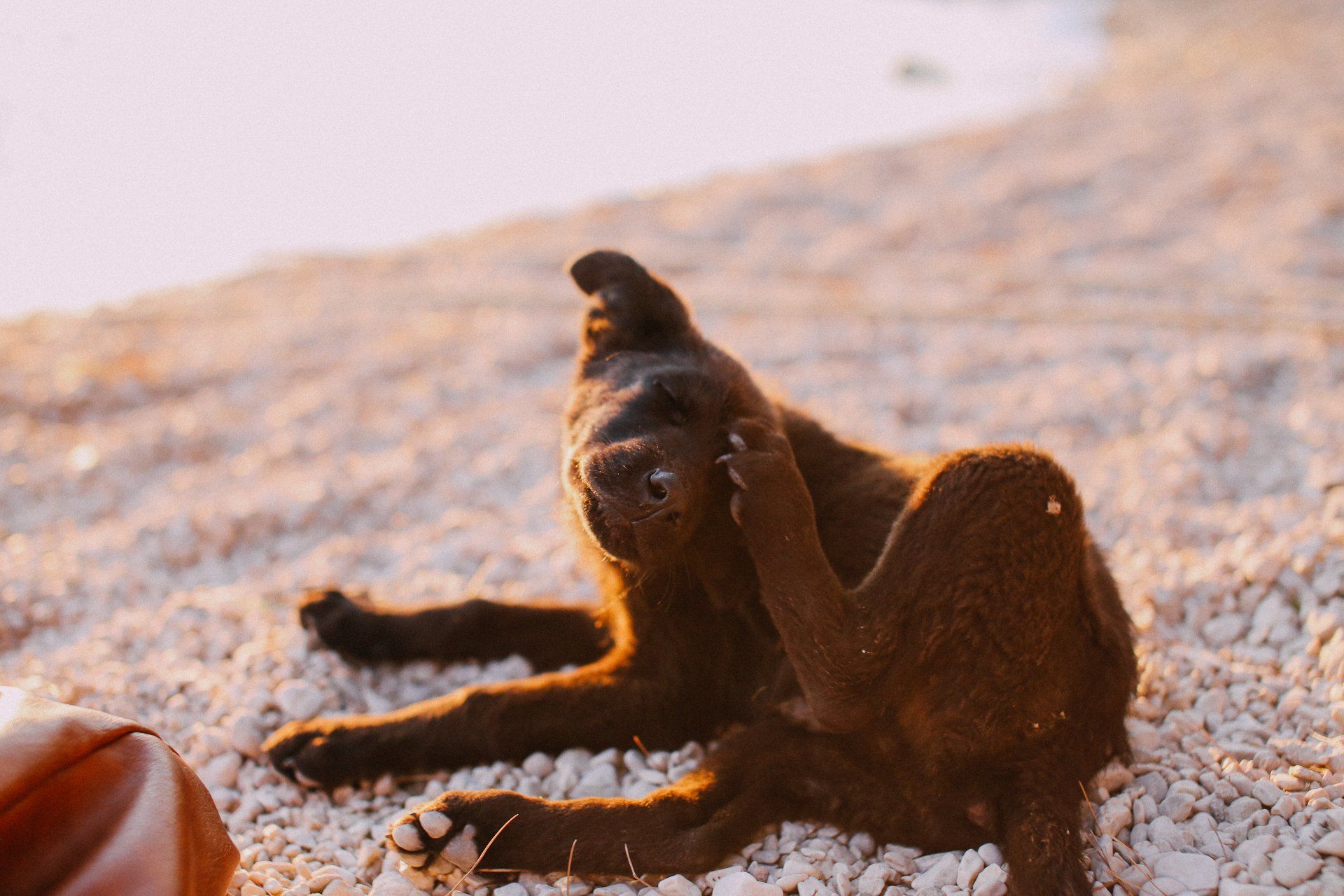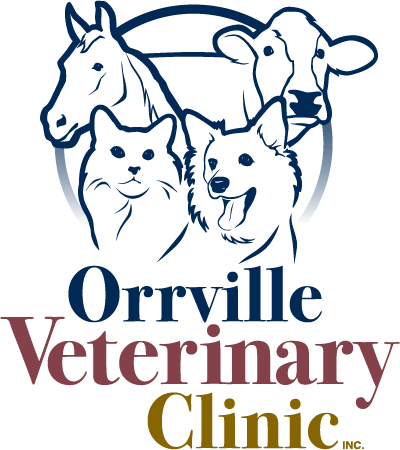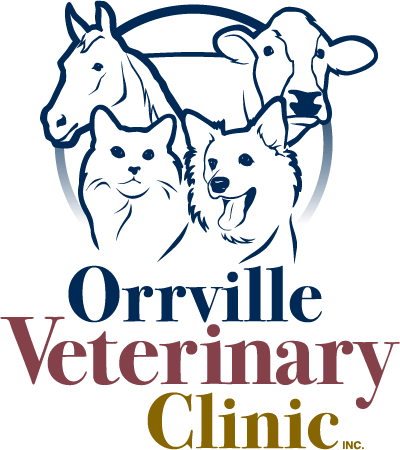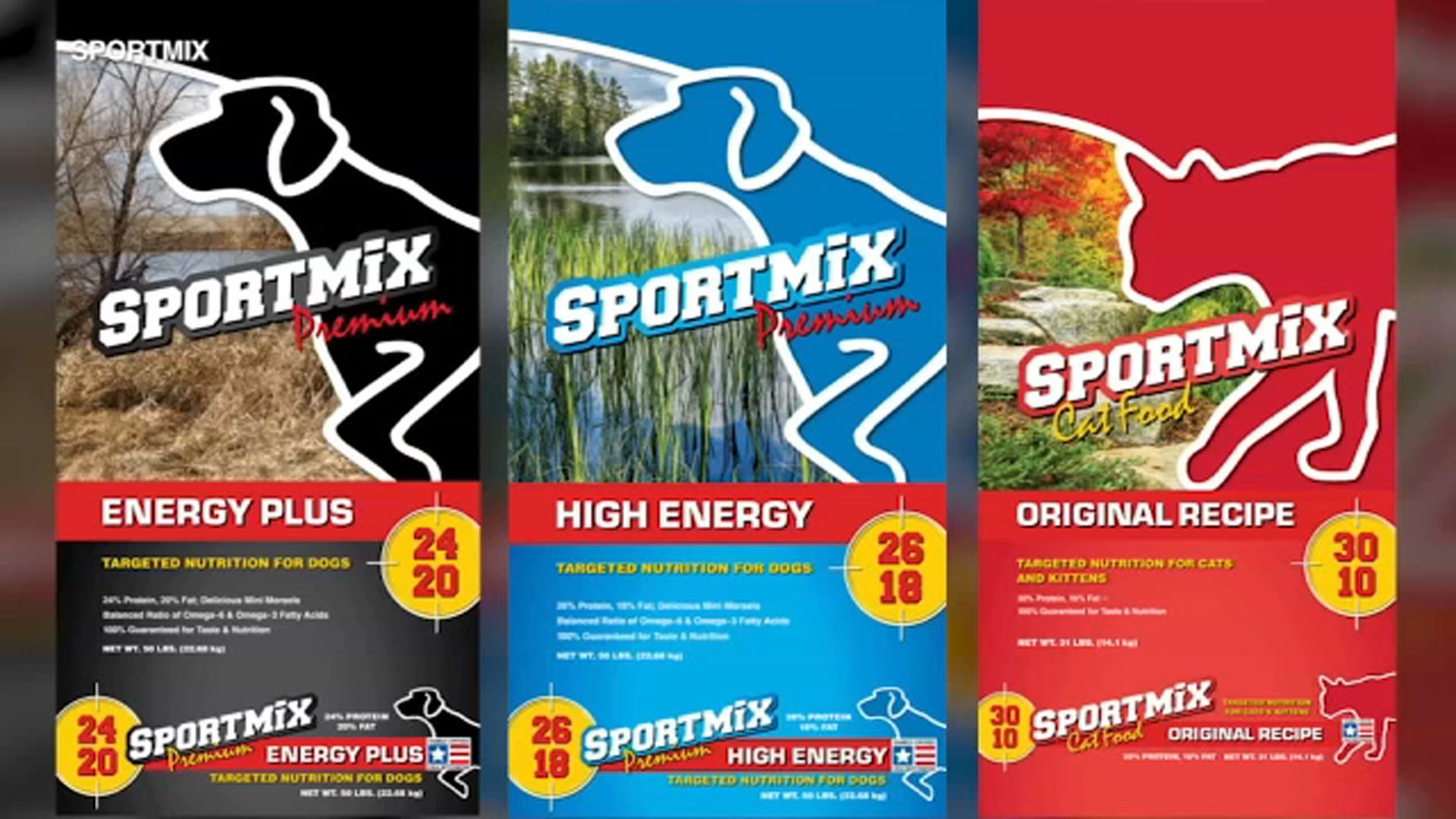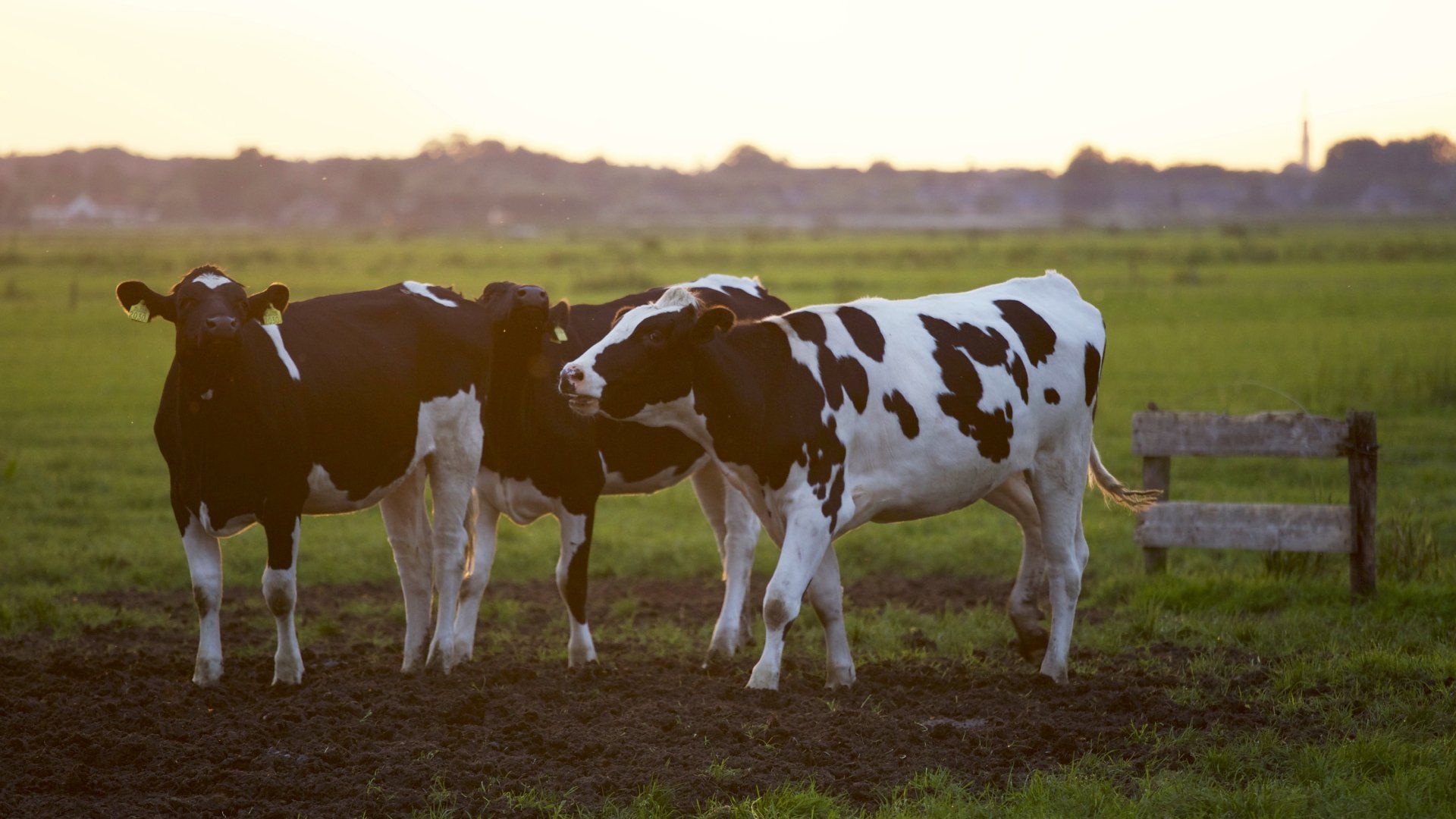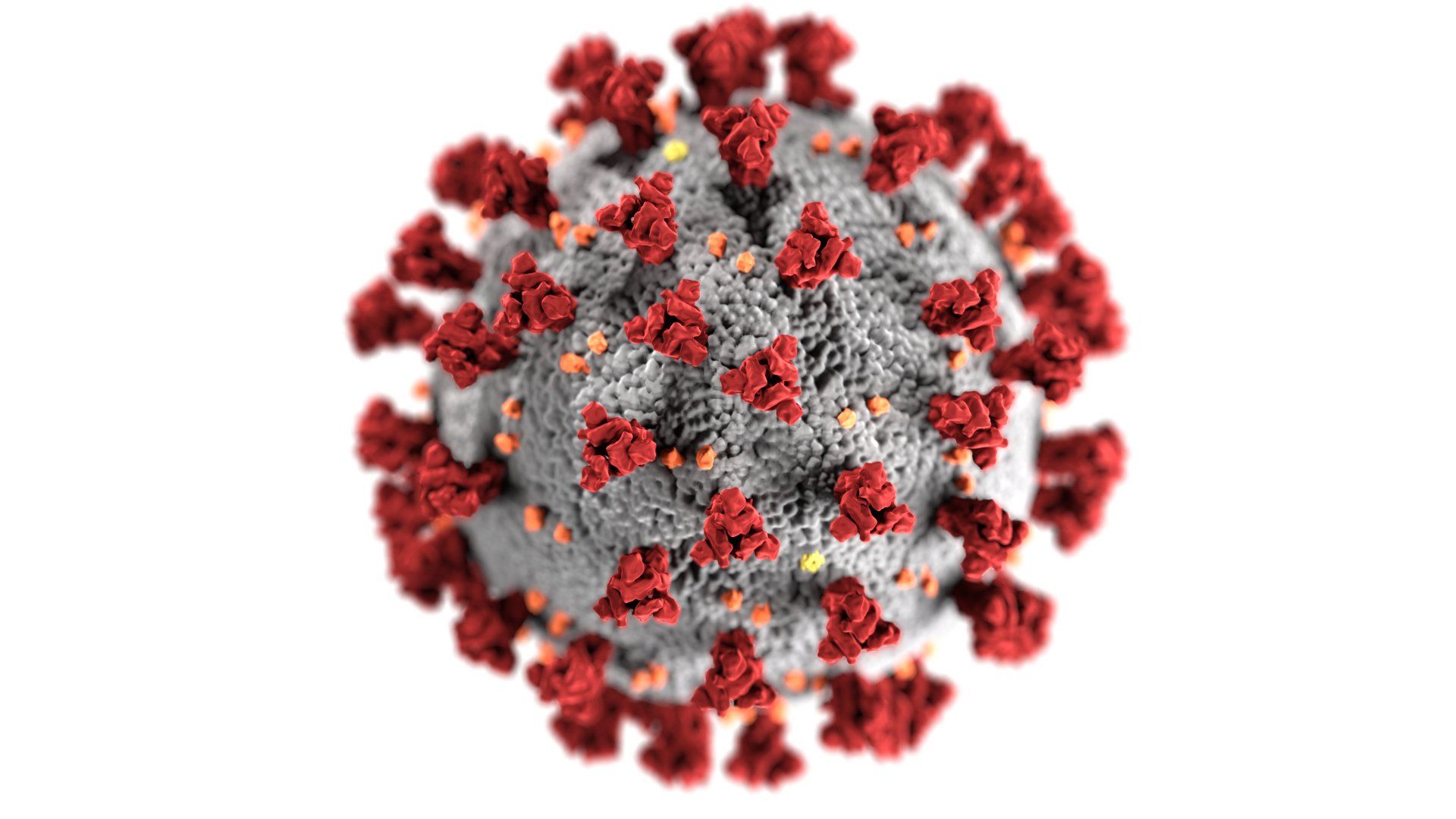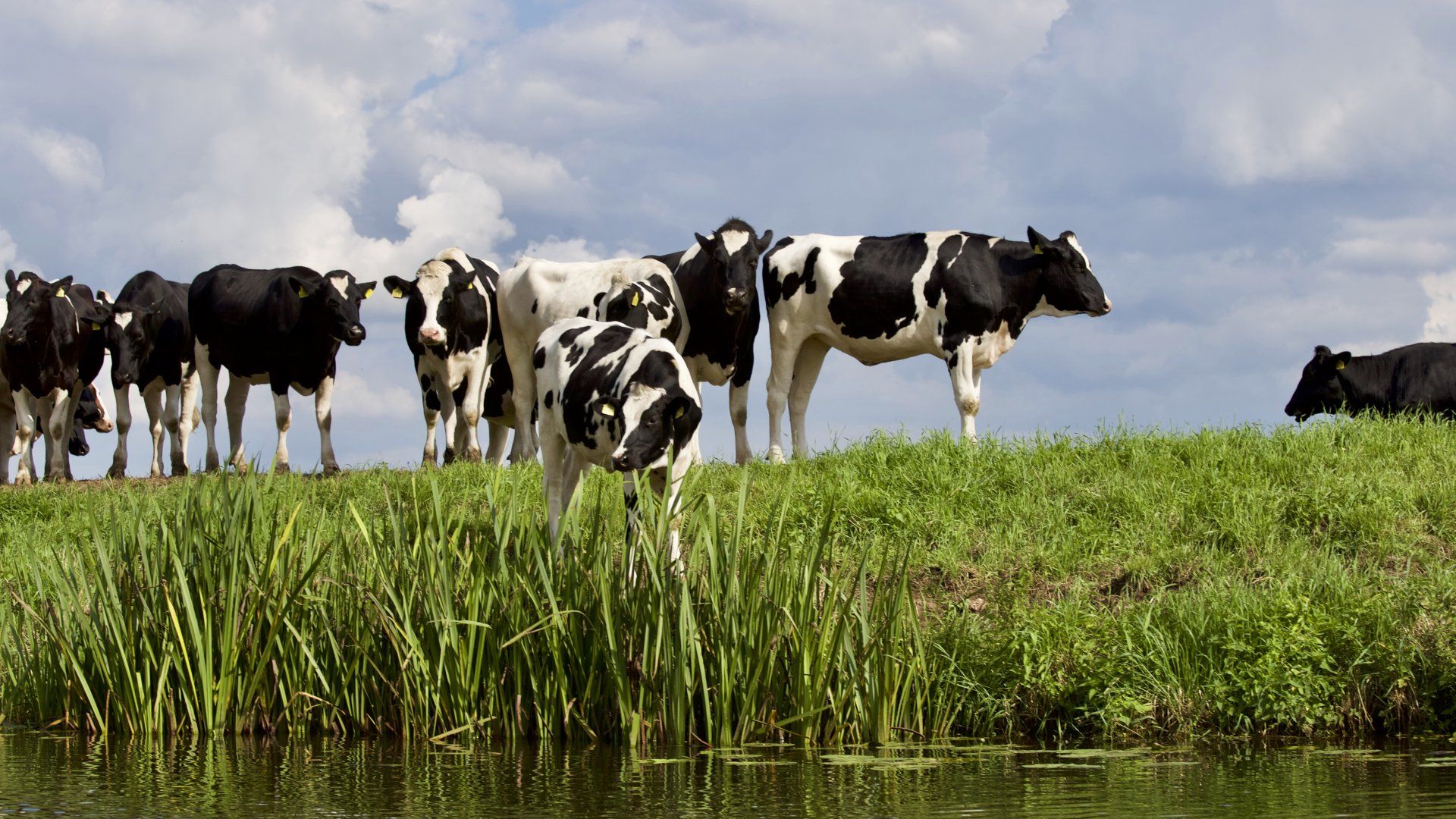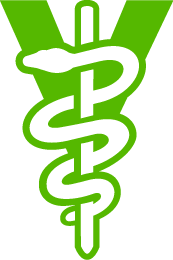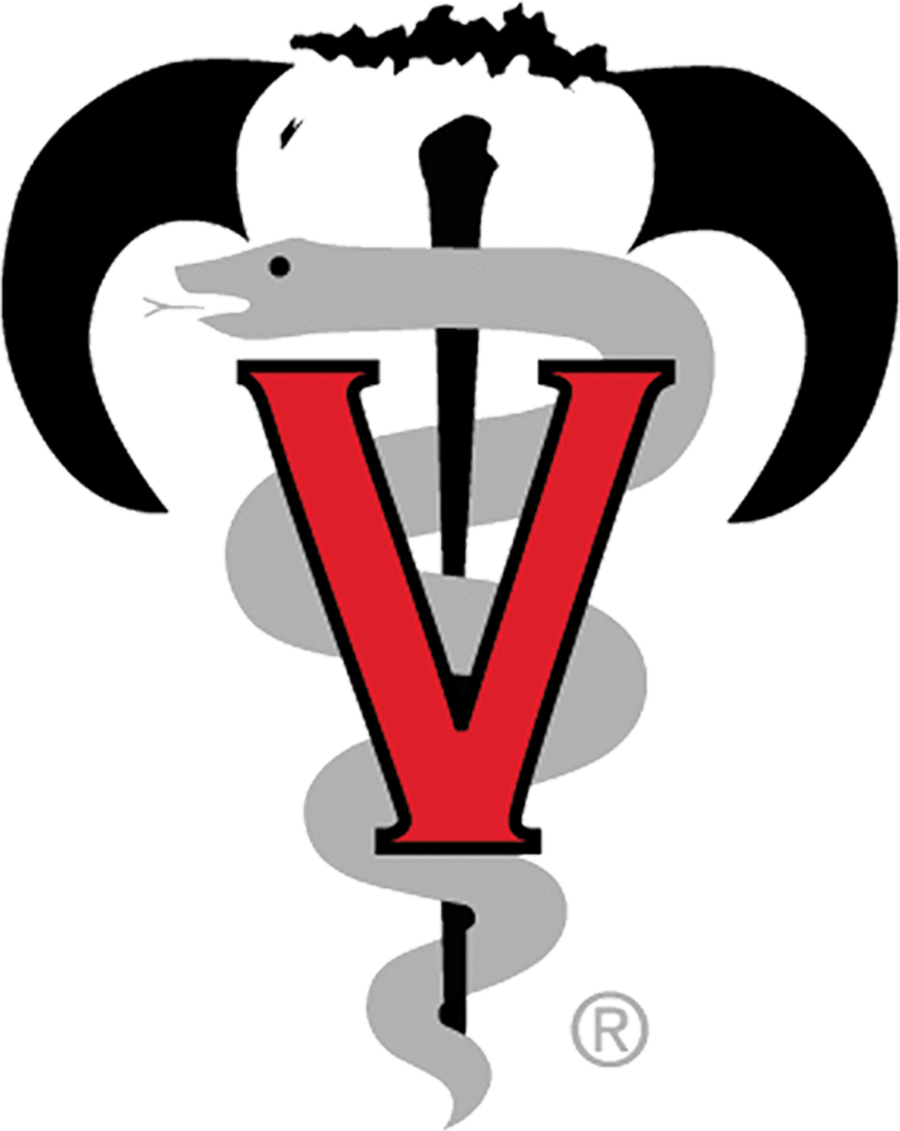Colic in Horses
Colic in Horses
Colic is a general term that refers to abdominal pain. Horses are the most common species affected by colic due mainly to the anatomy of their digestive tract. In addition some of the practices that humans impose on horses that don’t mimic a horse’s natural feeding behavior contribute to colic episodes. Colic signs can range from mild stomping or pawing at the ground to severe pain, which is accompanied by thrashing and rolling. Your horse may actually lie on its back to help relieve some of the pain in a severe case. Some cases of colic may resolve on their own, while some may cause death fairly rapidly. It is important that your horse be examined by a veterinarian if they show signs of colic.
Only a veterinarian can determine the true severity of colic by different vital sign parameters.
Colic has many different causes. Here are a few common causes seen in the field:
- Gas colic is the most common type of colic. Gas buildup within the intestines cause distension, which in turn causes pain.
- Spasmodic colic is due to spasm of the intestines, causing cramping and pain.
- Intestinal obstruction and twisting causes severe pain and may be a surgical emergency.
- Parasites may cause colic and also deworming a horse with a very heavy parasite load can cause parasite impactions.
- Mares can show signs of colic related to pregnancy and the postpartum more is also prone to signs of colic due to uterine contractions.
Despite our best prevention measures, colic can still happen. However, there are some common sense steps you can take to try to prevent colic in your horse:
- Avoid rapid changes in feed
- Don’t overfeed grain
- Supply fresh water at all times
- Keep on a regular feeding schedule
- Have your veterinarian construct a “strategic deworming program.”
- Don’t feed spoiled feeds.
- Provide adequate long stemmed roughage in the diet.
If colic happens, your veterinarian should be contacted. We will assess your horse and determine the underlying cause of colic. Some cases will resolve shortly after treatment, while some may need surgical intervention. Before your veterinarian arrives, it is acceptable to hand walk your horse. This may help stimulate gut motility. More importantly, it prevents your horse from becoming cast in the stall or sustaining injuries due to rolling and kicking.
Veterinarians consider colic one of the most urgent emergencies. We will make every attempt to arrive quickly and examine your horse thoroughly so a treatment plan can be constructed.
